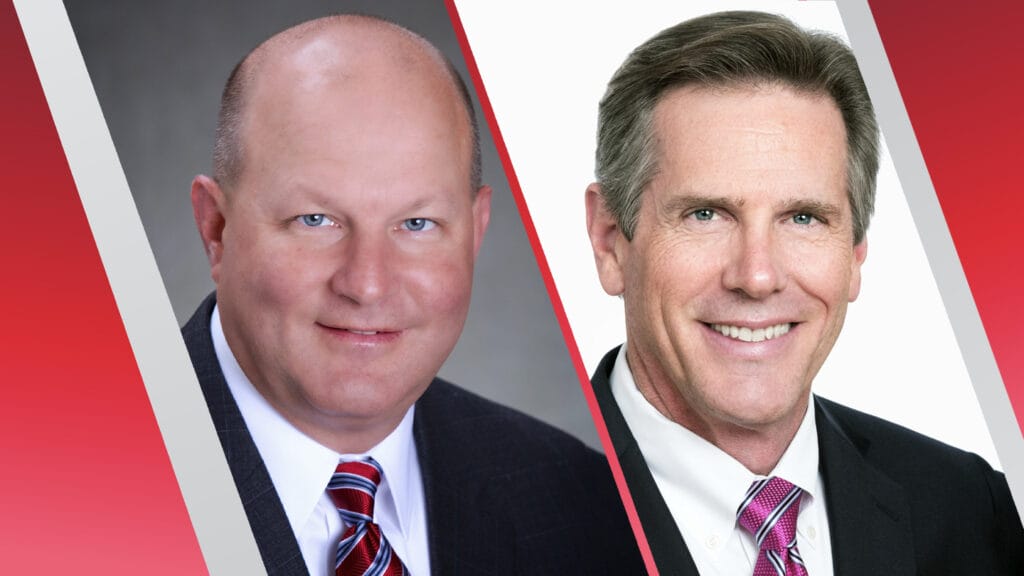Despite “a tumultuous couple of years,” skilled nursing valuations are high, and acceleration is expected, Evans Senior Investments Director Kris Lowes said Wednesday.
Lowes’ remarks came in a webinar hosted by the Chicago-based skilled nursing and senior housing brokerage firm.
“There are a lot of big regulation changes happening right now and are going to be happening here in the near future,” Lowes said. “And there’s also a lot of macro and micro economic sort of factors that are going on. They’re sort of trickling down and impacting skilled nursing owners as well.”
A few headwinds are challenging skilled nursing now that the COVID-19 public health emergency has ended. For example, Provider Relief Funds are expected to wind down. Also, the Medicaid redetermination process has been reinstated after a hiatus during the PHE, which Lowes said could create gaps in payment.
Additional federal involvement in skilled nursing is coming down the pike. Lowes noted, for example, an expected skilled nursing industry staffing mandate from the Centers for Medicare & Medicare Services. If nursing homes are required to provide 4.3 hours of care per resident per day, as is being predicted, then they would need to hire an additional 12 staff members, he said.
“You just can’t send a rule out and expect people to comply when there’s absolutely no chance of it because of the workforce shortages,” Phil Fogg, board chairman of the American Health Care Association, said previously during a McKnight’s Long-Term Care News webinar covering skilled nursing trends.
“The era of easy money is over,” Lowes said, noting that the federal reserve has increased interest rates by 500 basis points via 10 rate hikes since March 2022. Those actions will make it more difficult for borrowers to refinance their debt, he said.
“We’re kind of expecting a lot of those buildings to be foreclosed on and a lot of this debt to fall into default,” Lowes said. “It’s going to be interesting to see how that impacts investor sentiment.”
Even so, Lowes said that it is a good time to invest in nursing homes. The market pricing is bullish despite relatively low average industry occupancy, he noted.
“Lending in the skilled nursing market is still available and out there, unlike the senior housing market, which I think is still struggling from a lending standpoint. Lending for skilled nursing acquisitions is still available in fairly favorable terms,” Lowes said. “Buyers and banks are sort of still willing to underrate to what I would call sort of stabilized occupancy levels. …Most buyers and banks are actually forecasting a higher occupancy, forecasting a more stabilized margin, and they’re able to underrate those standards. That’s a lot of the reason we’re seeing all these transactions happening.”




